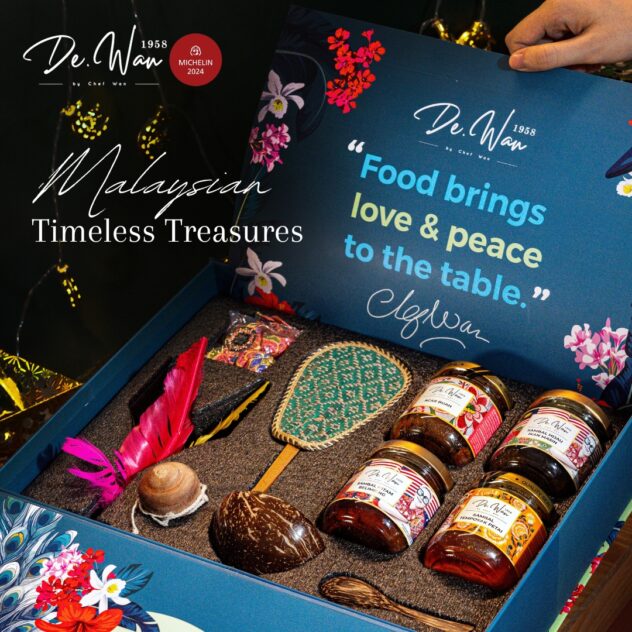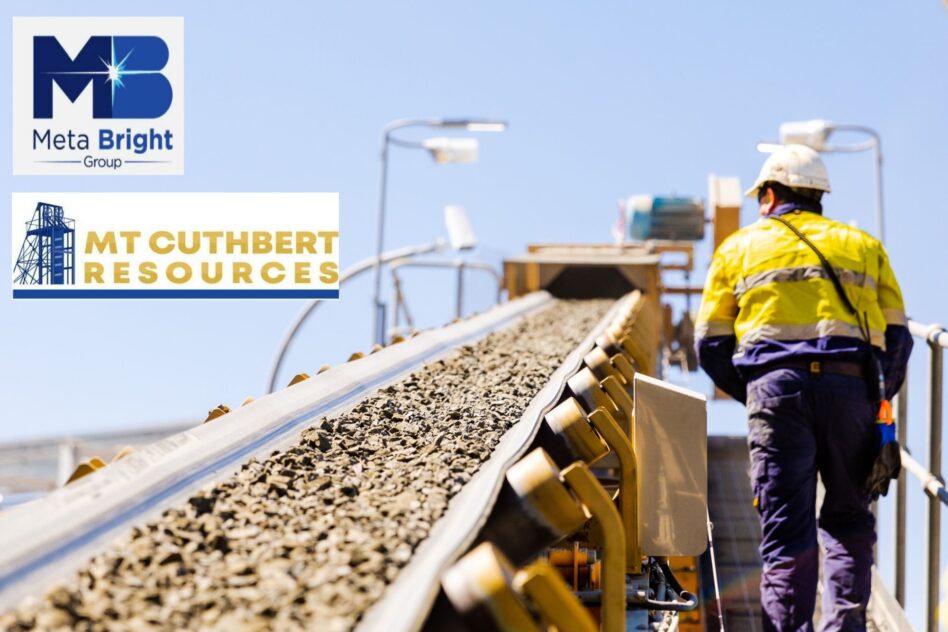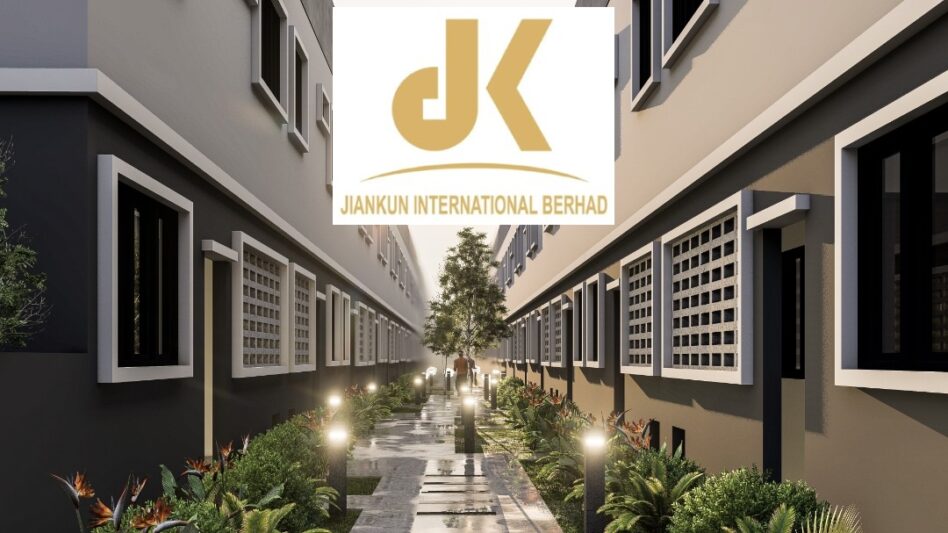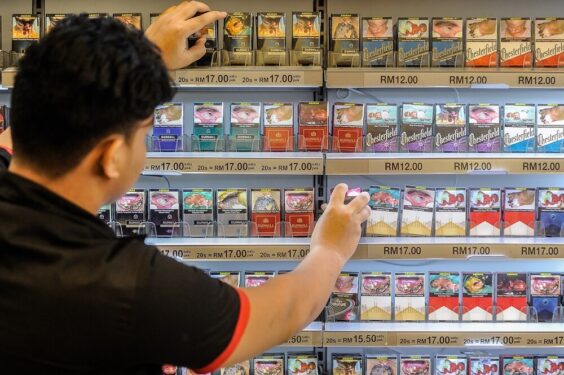By Datuk Eu Hong Chew
IMAGINE that you are on a seven days jungle hike carrying with you seven days ration. After the first day you lost your compass. At the end of the second day after wandering around trying to get out, you figured out that you are lost. You have no idea how long it would take you to find your way out.
On the third and subsequent days, do you then consume your ration as if nothing has happened? Or do you cut down your consumption and eat only half a day’s ration or even less every day? The rationale is that you don’t know how long you would be lost and the prudent thing is to conserve your food.
Many Malaysian companies have been impacted by the COVID-19 measures over the past 15 months. Some have even been affected by the economic slowdown even before the pandemic. They have now to grapple with this predicament.
Do they take prudent measures or do they assumed that the turnaround is just around the corner and carry on as normal?
This is the situation faced by the tile manufacturers in Malaysia. Since 2014/15, there has been a softening of the Malaysian property market due to the various cooling measures. We can debate whether this represents a success for the authorities or a failure for the property sector.
The point is that the number of property transactions have declined and this has affected not only property developers but those in the building material sector such as the tile companies.
The chart below shows the Malaysian revenue (ie excluding exports) of five Bursa Malaysia listed companies in the tile business. I have plotted the revenue of each company relative to their respective 2008 revenue.
Not surprisingly, there has been a corresponding decline in the revenue of these companies. Their respective revenue today is only at best 80% of their respective 2008 revenue. 2008 was the year of the US Sub-prime crisis so you can imagine it being bad to be performing lower than that year.

White Horse Bhd seemed to have adopted the prudent approach. The group is one of the leading ceramic tile manufacturers in the Asia-Pacific region with plants in Malaysia and Vietnam.
The Malaysian operations was started in 1992. From an initial set-up of only 2 kilns, the group had grown so that by the end of 2019, it had 15 kilns. The Vietnam operations was acquired in 2013.
At that juncture, the Malaysian facilities were operating at 94% of capacity. It was considered more cost-effective and faster to acquire an existing factory than build one. The other reason for the Vietnam acquisition was that it would enable the group to expand its exports.
Unfortunately, the economic situation did not turn out as anticipated and the chart below illustrates the impact on White Horse.
Revenue had declined since 2014/15 and the group suffered losses for the past 3 years. Gross profitability defined as gross profit as a percentage of total assets had been declining since 2010.

What has White Horse done to face the situation?
- In its 2020 Annual Report, the group identified RM60 mil of assets and RM28 mil of lease liabilities of its Vietnam operations for sale. This represented about half of its Vietnam assets and liabilities.
- The group has also closed its Indonesian operations since January 2020.
- It reduced its headcount by 11% in 2020. It even shut one of its three factories in Malaysia to provide better utilization of its plants.
Cost control and tightening the belt only makes sense if there are still prospects.
The fortune of White Horse is closed tied to the performance of the property sector. Over the 2008 to 2020 period there is a 0.71 correlation between White Horse revenue and the number of property transactions.
I do not think that the property sector is a sunset industry in Malaysia so it is a question of riding out the storm.
Ceramic tile is not a sunset industry. There is no threat of digital disruption. The general view from various market research reports is that the global demand for ceramic tiles is growing at a higher rate than global GDP growth.
While I do not know how long it will take for the property sector to recover, I am sure that once it does White Horse will benefit.
The Group is suffering losses because it is operating below its breakeven level. Even at its current cost structure, it will have to achieve about RM500 mil revenue to breakeven. This is 20% more than its 2020 revenue. It will need a non-pandemic environment to achieve this.
In the meantime, it is conserving its resources. At the same time there are a few positive things going for White Horse.
- Notwithstanding the losses over the past few years, the cash flow from operations has been positive.
- It is effectively debt free. While it had RM107 mil of borrowings as of end March 2021, it also had RM120 mil of cash.
- It maintained its brand position by achieving the Brand Laureate Best Brand e-Branding Award in 2020 in the category of Interior Design – Ceramic Tiles. It was also the Platinum Winner in the floor and wall tile category for the Reader’s Digest Trusted Brand.
The group has a good track record when the property market is doing well and hence should be able to recover. Its under-utilized capacity would also boost its bottom line when production volume goes up.
White Horse started on its cost saving exercise when it incurred its first loss in 2018. I can imagine the past few years being a very challenging one. But is has not deterred them to continue to strive. The group is financially strong and not burning cash giving it time to outlast the economic downturn.
I am reminded of the saying by Dame Margaret Thatcher “You may have to fight a battle more than once to win it”. – June 25, 2021
Datuk Eu Hong Chew was on the board of I-Bhd from 1999 till 2020. As group CEO, he led its transformation from a digital appliance manufacturer into the developer of i-City, the Selangor Golden Triangle.
This article was re-purposed from “Is White Horse a value trap?” that was first published on i4value.asia. Refer to the article for more details of the fundamental analysis.
The views expressed are solely of the author and do not necessarily reflect those of Focus Malaysia.










